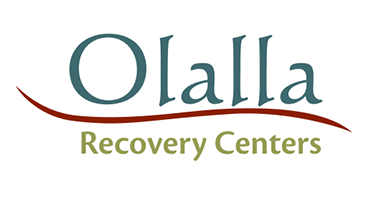
15 May Ending the Stigma of Addiction
Become a Leader in Ending the Stigma of Addiction
“I try to help others and I’d like to take the stigma out of alcoholism…” Wonder Woman, Lynda Carter
Addiction is a complex issue that affects millions of people worldwide. It is a chronic disease that requires medical treatment, but unfortunately, it is often stigmatized and misunderstood, even among recovery professionals. It is essential to end the stigma of addiction to ensure that people who suffer from this disease receive the care and support they need.
The stigma surrounding addiction often arises from the misconception that it is an individual’s moral failing or a lack of willpower. As recovery professionals, we understand that addiction is a chronic illness that alters brain function and can be influenced by genetic, environmental, and social factors. This means that it is not a choice, and people with addiction need support to manage their condition, just like those with any other chronic illness, such as heart disease, cancer, and diabetes.
Discrimination in Employment or Housing
The stigma of addiction poses a significant challenge to our communities. Fear of judgment, such as discrimination in employment or housing, can discourage individuals with an addiction disorder from seeking treatment, even when they recognize they have a problem. This can lead to severe health consequences and an increased risk of overdose.
Education is key to dismantling the stigma of addiction. It is crucial to increase public awareness about addiction, its causes, and its treatment by promoting evidence-based treatment options, such as cognitive-behavioral therapy.
Changing Our Words
Another important step to ending the stigma of addiction is to change the language we use when talking about addiction. Using words like “addict” or “Substance abuse” can be dehumanizing and reinforce negative stereotypes. It is helpful to focus on person-first language that recognizes the humanity and dignity of people with addiction, such as “person with a substance use disorder.” Johns Hopkins University has created the “Words Matter Pledge” to help revise the words and terms we use when discussing substance use disorders.
Let’s Work Together
Ending the stigma of addiction requires a collective effort. As recovery professionals, we can work together to be leaders in reducing stigma and promoting recovery from this disease. This may involve advocating for policies that promote access to treatment, reducing discrimination, and the misunderstanding surrounding recovery medications, and educating about negative attitudes and beliefs framing addiction.
Ending the stigma of addiction is critical to ensuring that people with addiction receive the care and support they need to manage their condition. By working together, we can create a more compassionate and understanding society that supports everyone, including those with addiction.
Consider taking the “Words Matter Pledge” to join in the effort to end the stigma of addiction.


